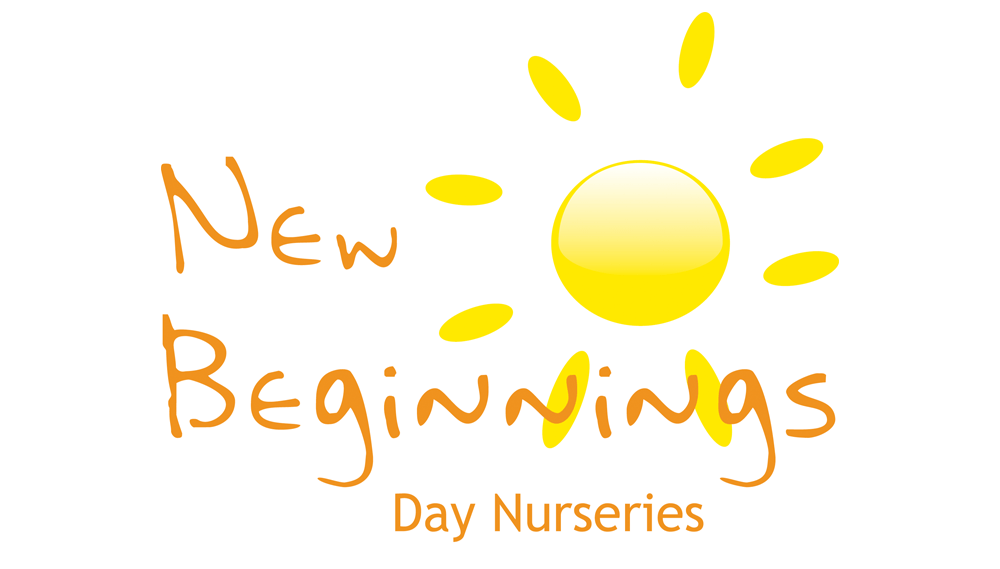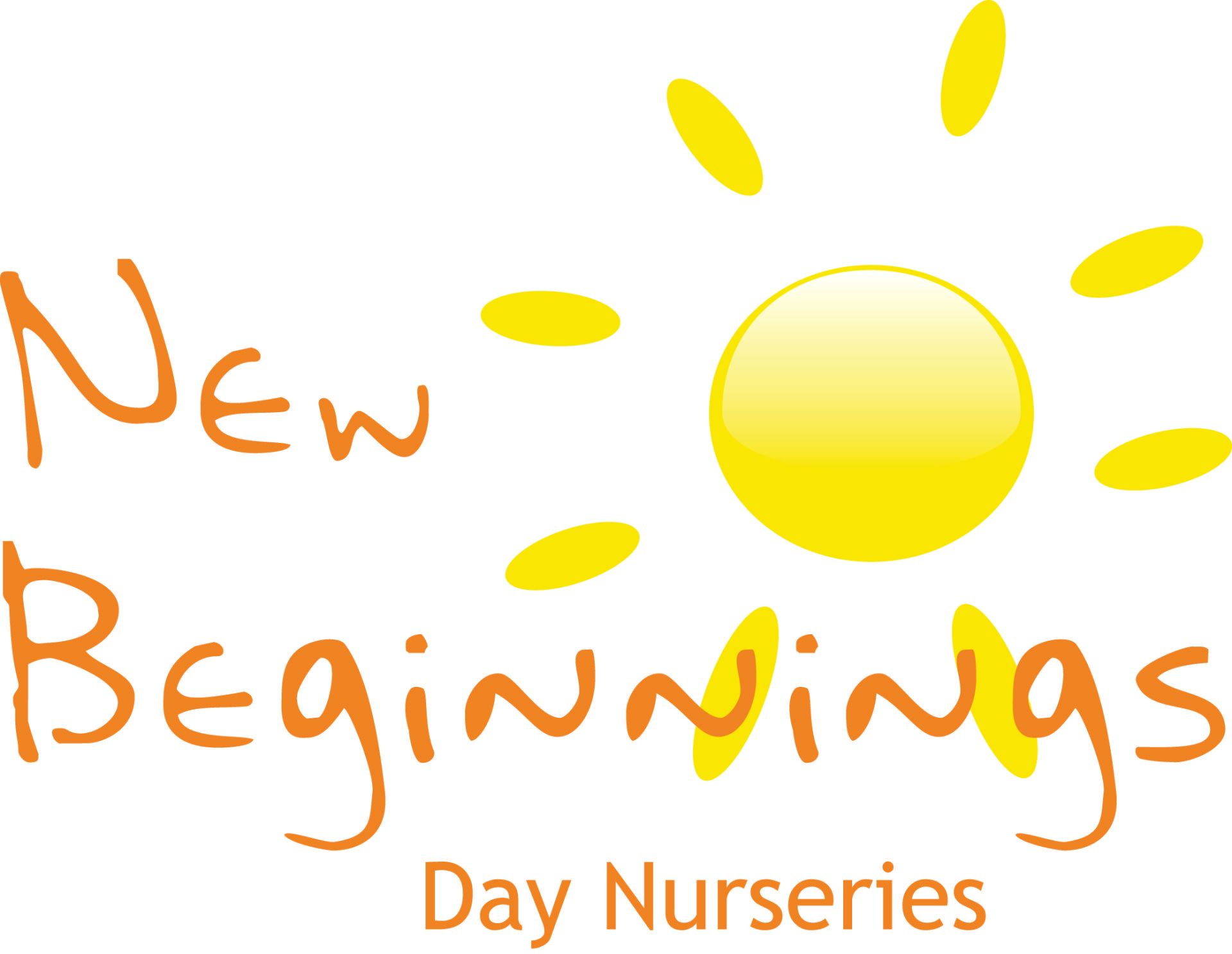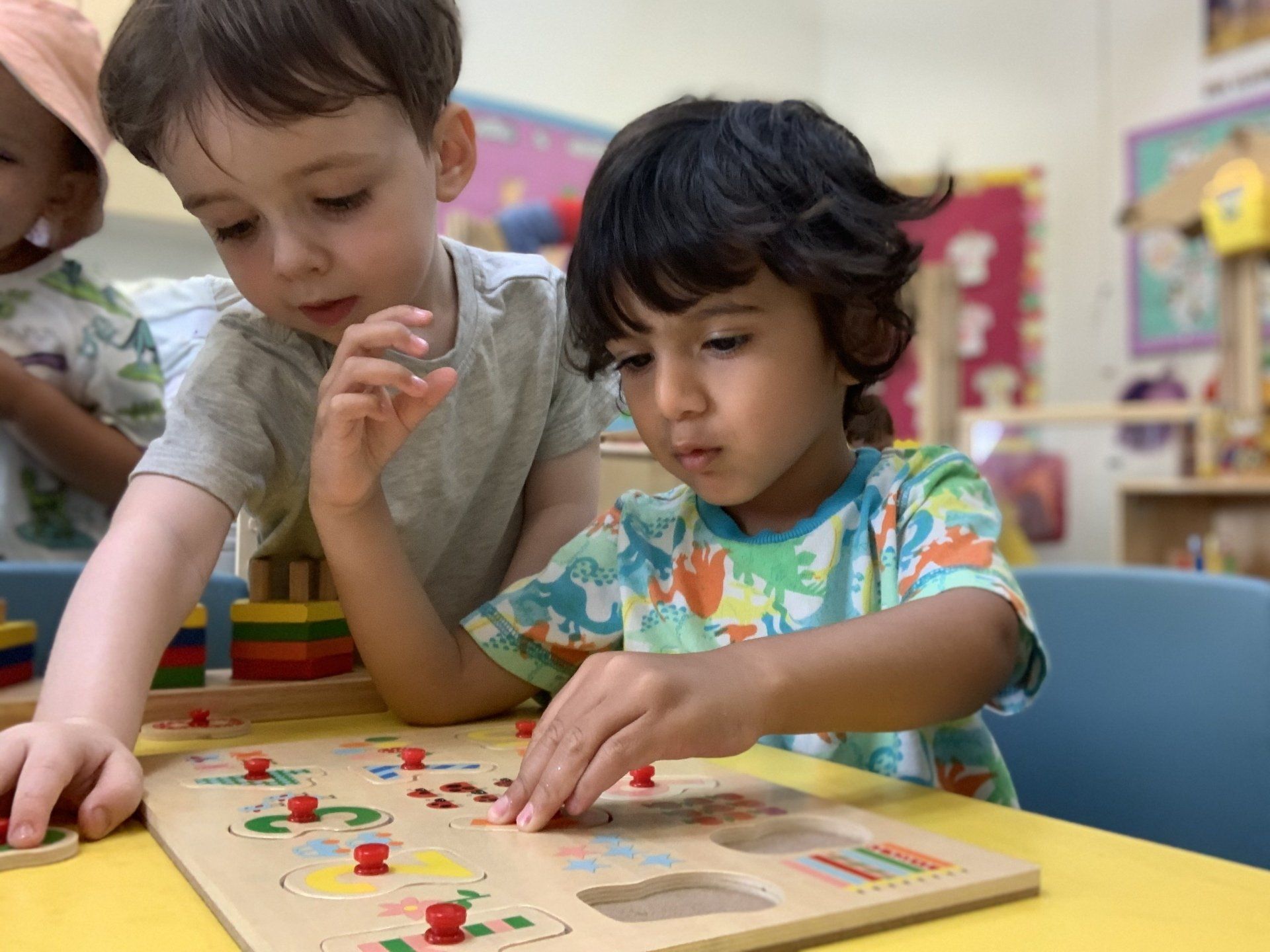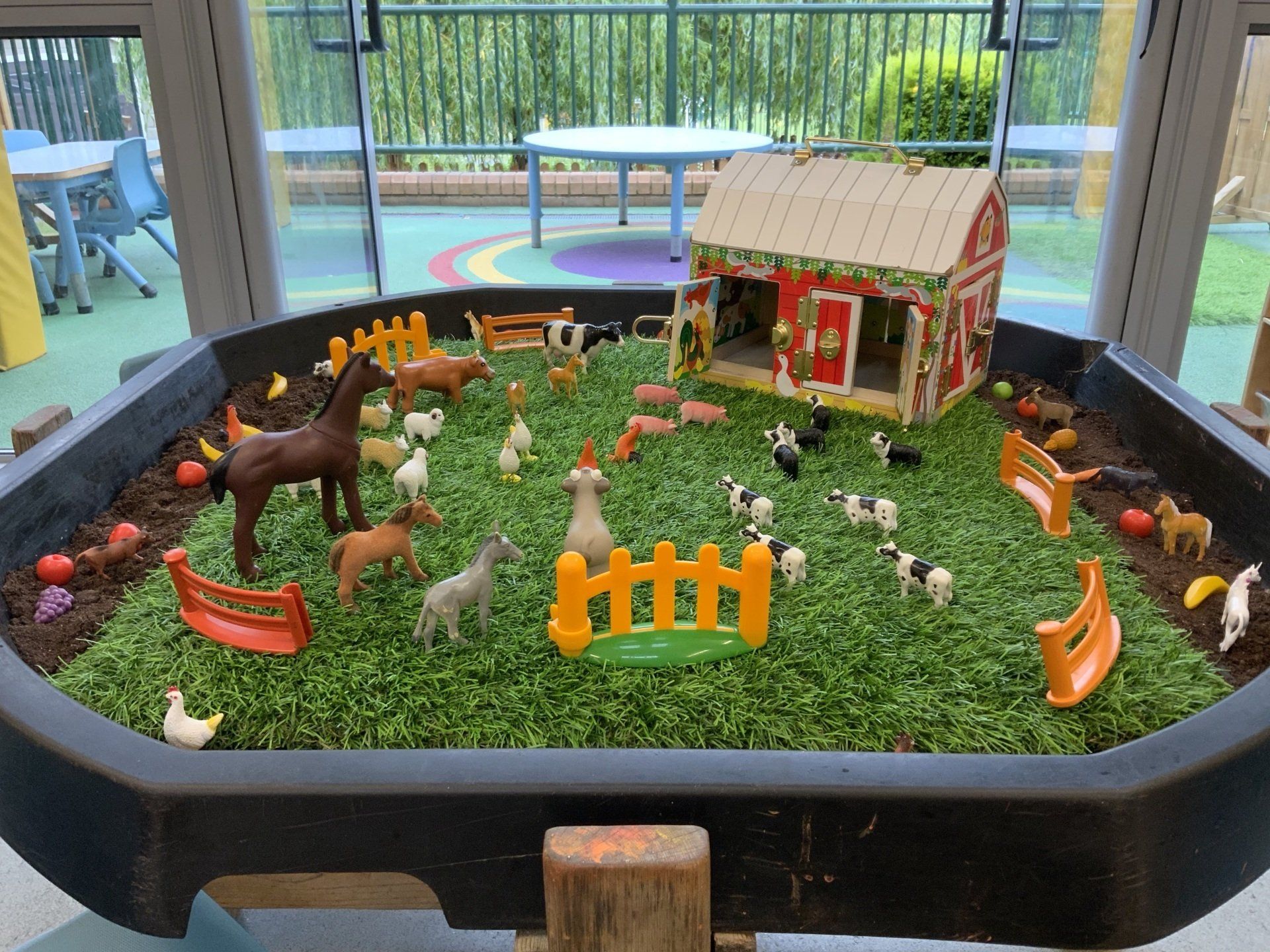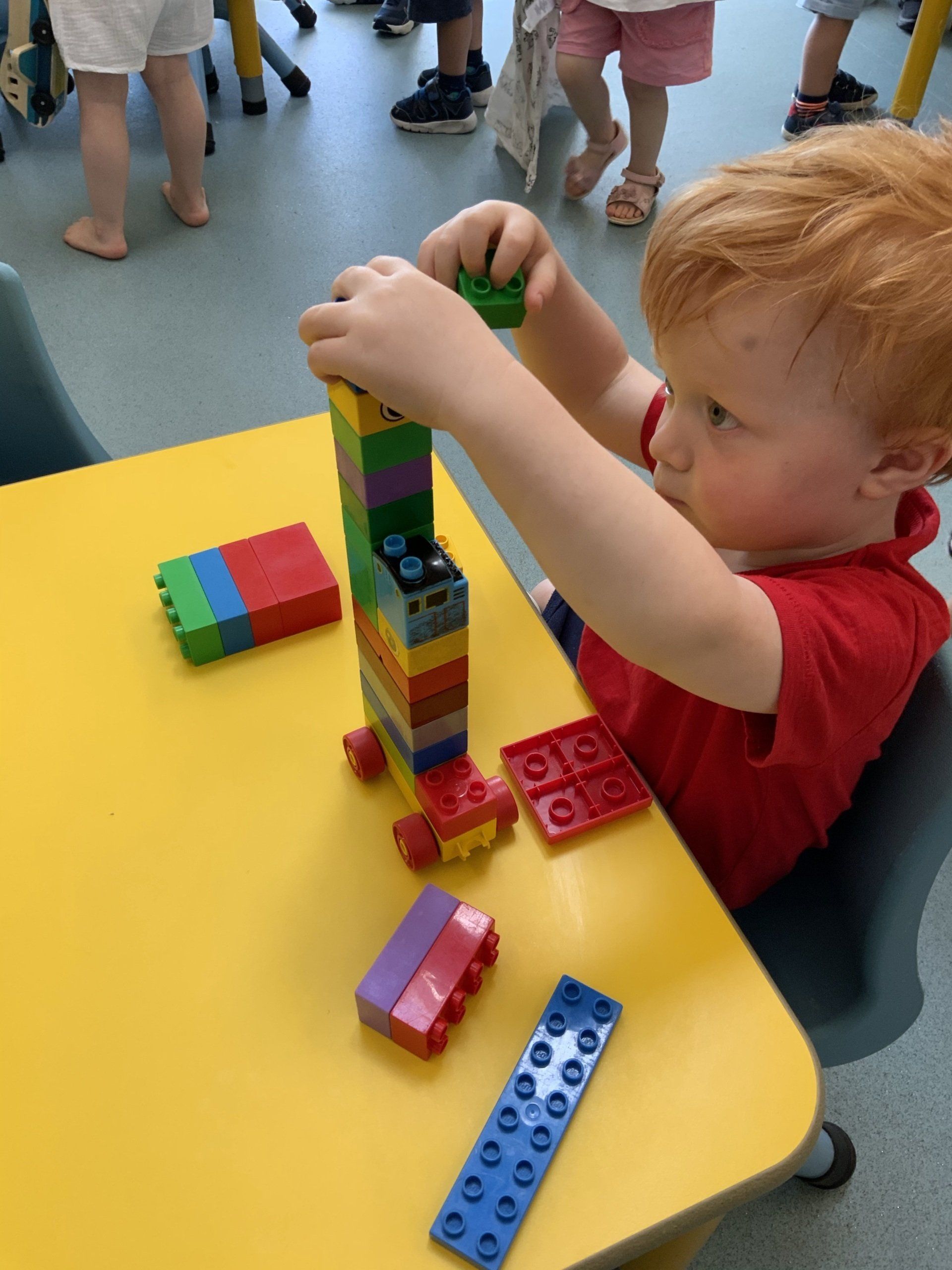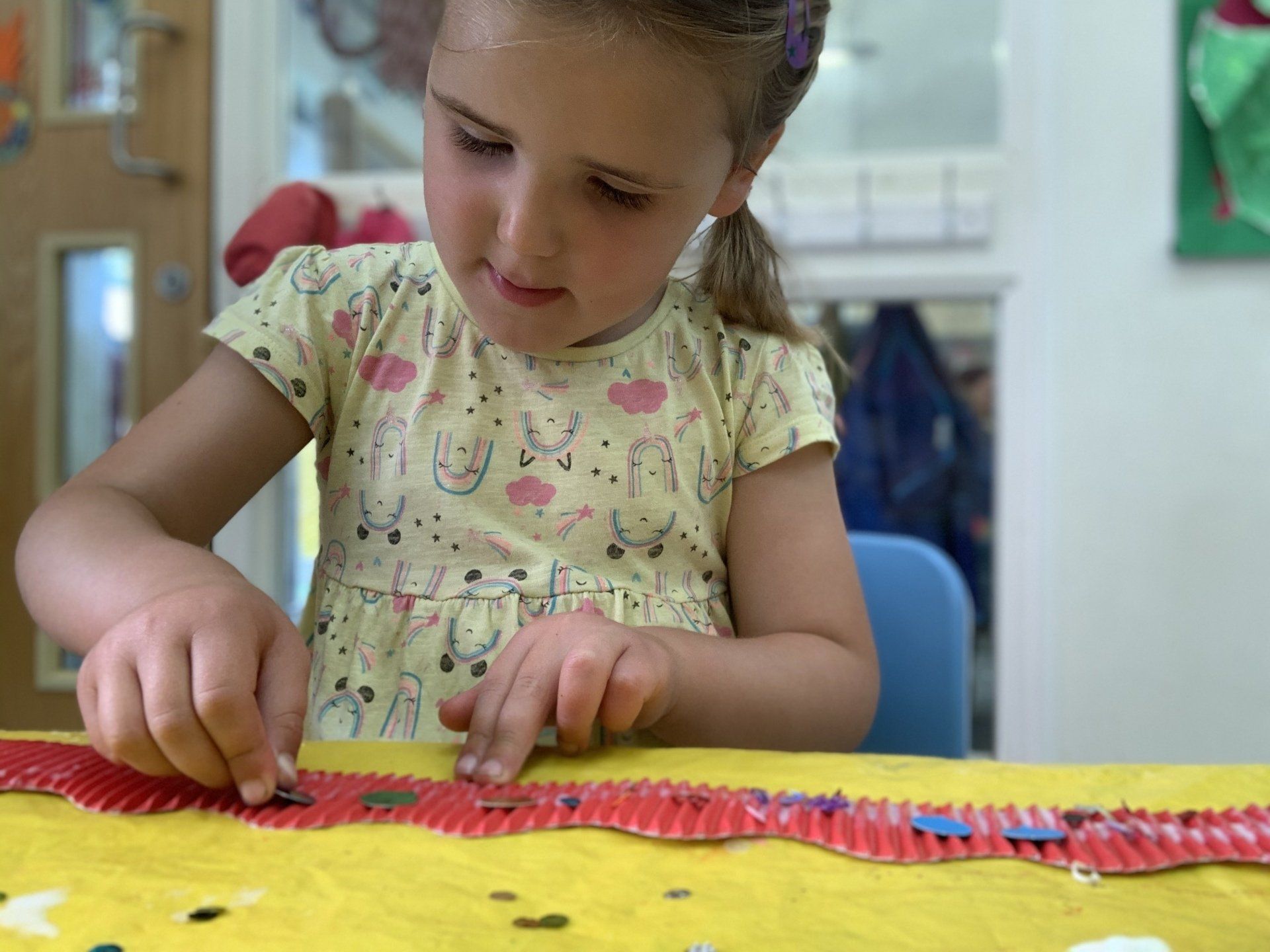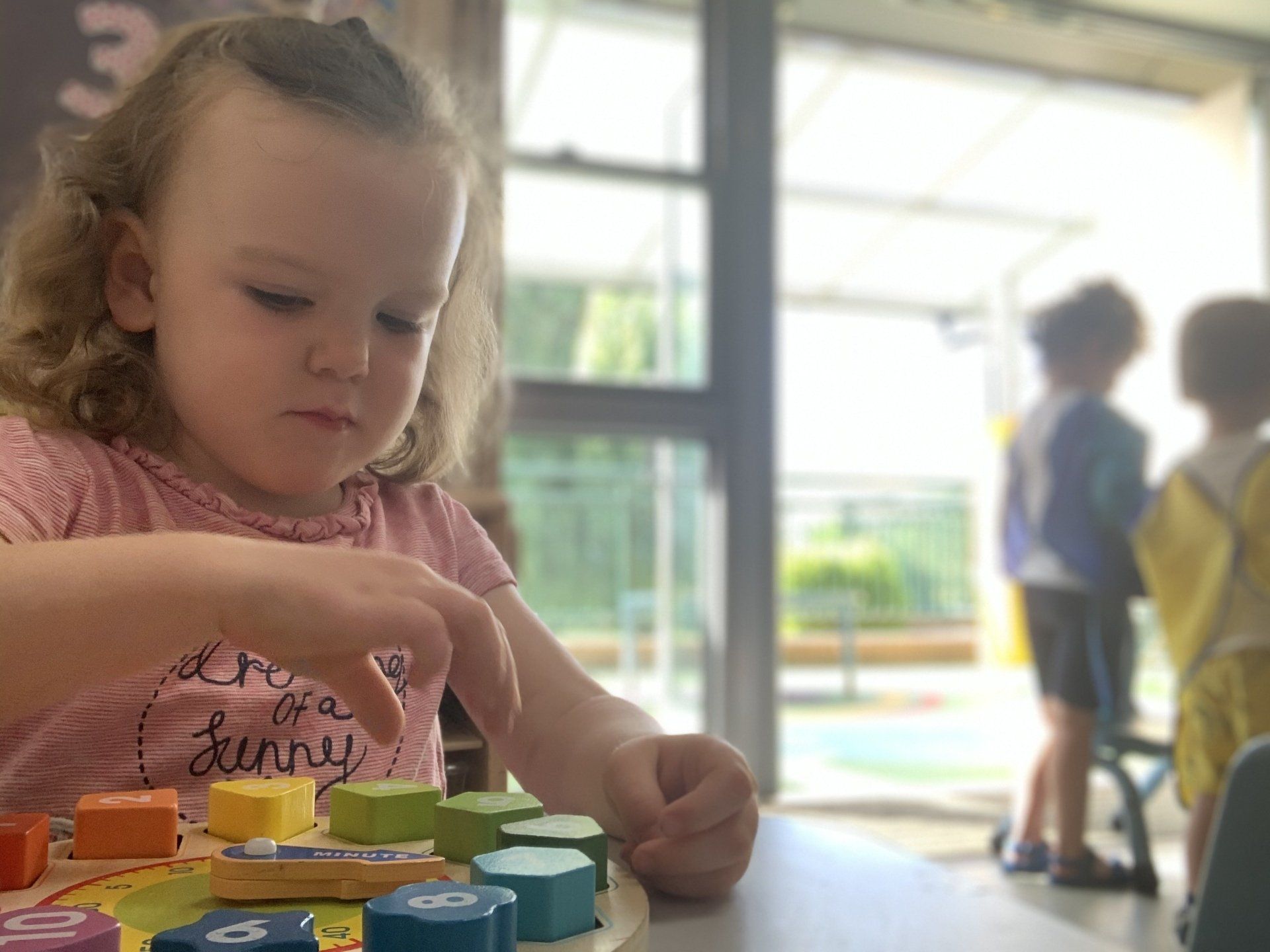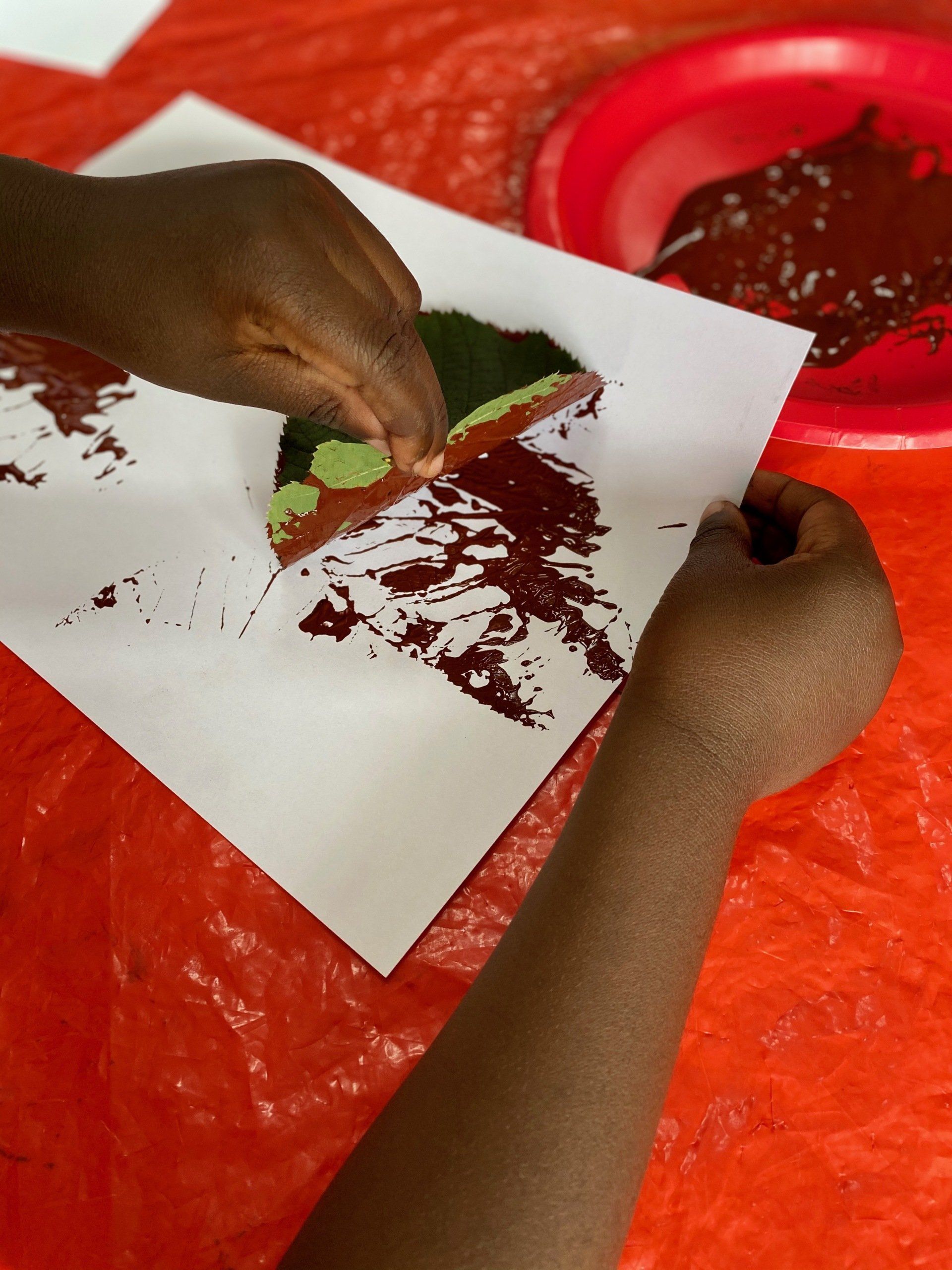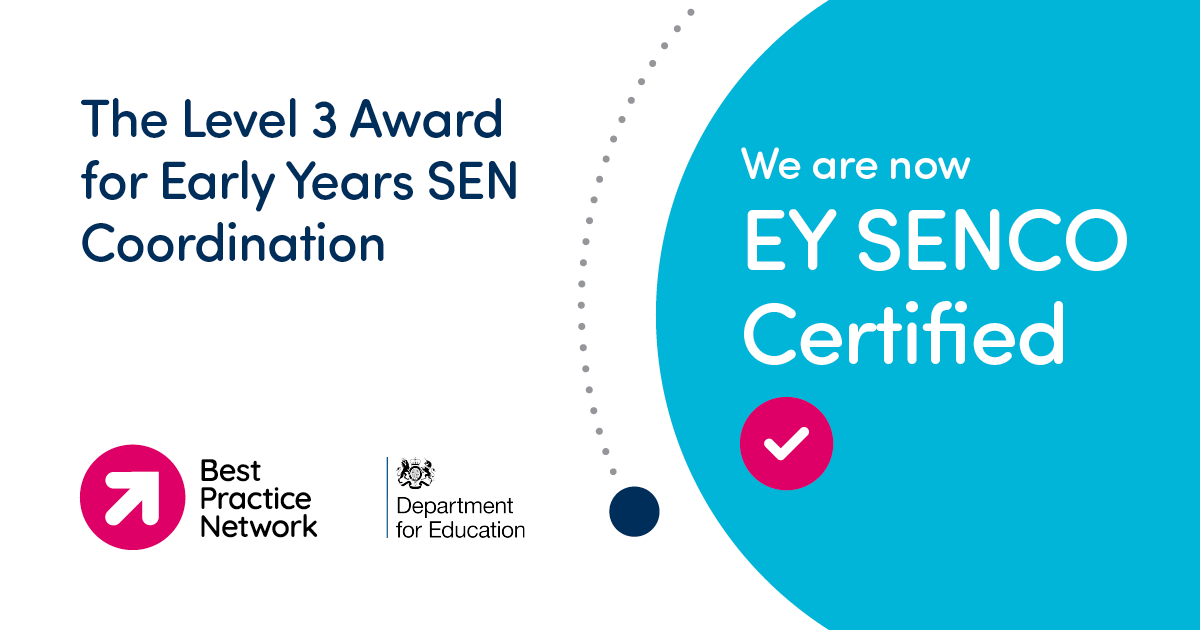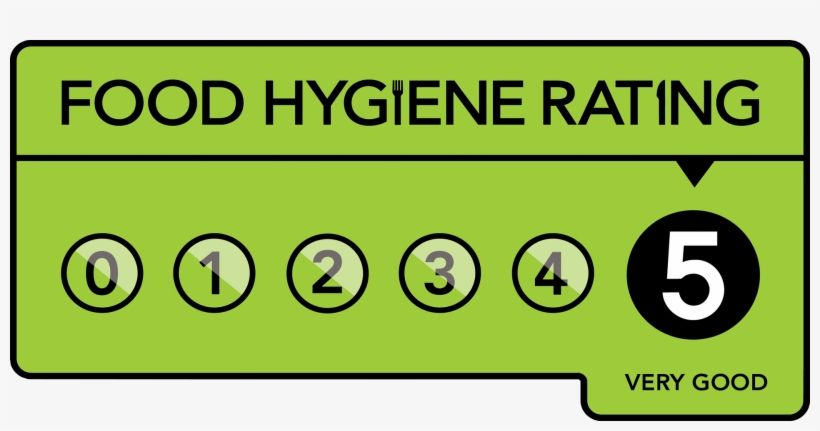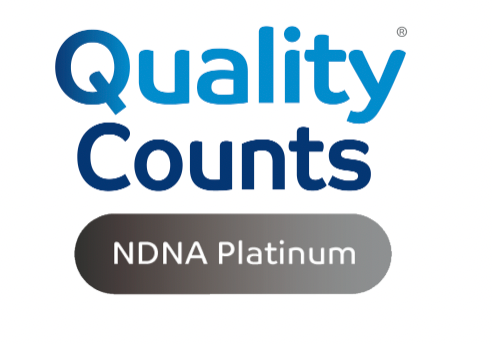Early Years Foundation Stage (EYFS)
Early Years Foundation Stage (EYFS) - January 2024 changes
The majority of the changes being made to the EYFS will come into force for January 2024, to give the sector time to use the new flexibilities ahead of the first roll out of the new entitlements, in April 2024. In the vast majority of cases, the January 2024 changes set new minimum requirements which providers may choose to utilise in their setting. The changes that will come into force in January build on the changes to staff: child ratios for two-year-olds, the childminder ratio flexibilities, and the clarification on wording around supervision whilst eating which came into force in September 2023.
Early Years Foundation Stage
The EYFS framework sets the standards to make sure that children aged from birth to 5 learn and develop well and are kept healthy and safe.
The framework is for all Ofsted registered early years providers in all settings. For more information click the buttons below.
Slide title
Write your caption hereButtonSlide title
Write your caption hereButtonSlide title
Write your caption hereButtonSlide title
Write your caption hereButton
Early Years Foundation Stage (EYFS)
Educational Programme - Prime Areas of Learning
These lay down the foundation for all children’s learning, ensuring that children are able to relate to others, communicate effectively and engage with their environment. The prime areas are dependent on each other and are universal in that they occur within cultures and social backgrounds.
Early Years Foundation Stage (EYFS)
Educational Programme - Specific Areas of Learning
These are considerably less time sensitive than the prime areas but cannot be developed alone; they build on the development gained through the Prime areas. The specific areas reflect individual children’s life experiences including their cultural and social background. Practitioners are able to plan for children’s next steps in the Specific areas through their observations and knowledge of children’s likes, dislikes and family background.
Early Years Foundation Stage Curriculum Guide Documents
Non Statutory Guidance - Development Matters
Development Matters has been updated and is the non-statutory curriculum guidance for the new EYFS framework that everyone can use from September 2021. Development Matters is non-statutory guidance showing how the four themes of the EYFS Framework and the principles that inform them work together to support babies and children. It illustrates how the Characteristics of Effective Teaching and Learning may be supported and extended by adults as well as how they underpin the Prime and Specific Areas of Learning and Development. It guides but does not replace your professional judgement. Development Matters is not a checklist of things that your child should do, rather it is guidance for adults who work with children, to help them to support and embed your child’s learning journey.
Non Statutory Guidance - Birth to 5
The new non-statutory guidance outlines the foundations of good practice and offers information and guidance for practitioners to consider how the Principles of the EYFS can be brought to life in their setting, while new sections on play, characteristics of effective learning, and self-regulation are designed to help practitioners to reflect on and develop their own pedagogy.
Leuven Scales
The Leuven Scale is a form of assessment developed by Ferre Leavers and his team at Leuven University in Belgium. It is a five-point scale that allows childcare practitioners to measure children's 'emotional well-being' and 'involvement' – two vital components of learning, development and progress in children.
